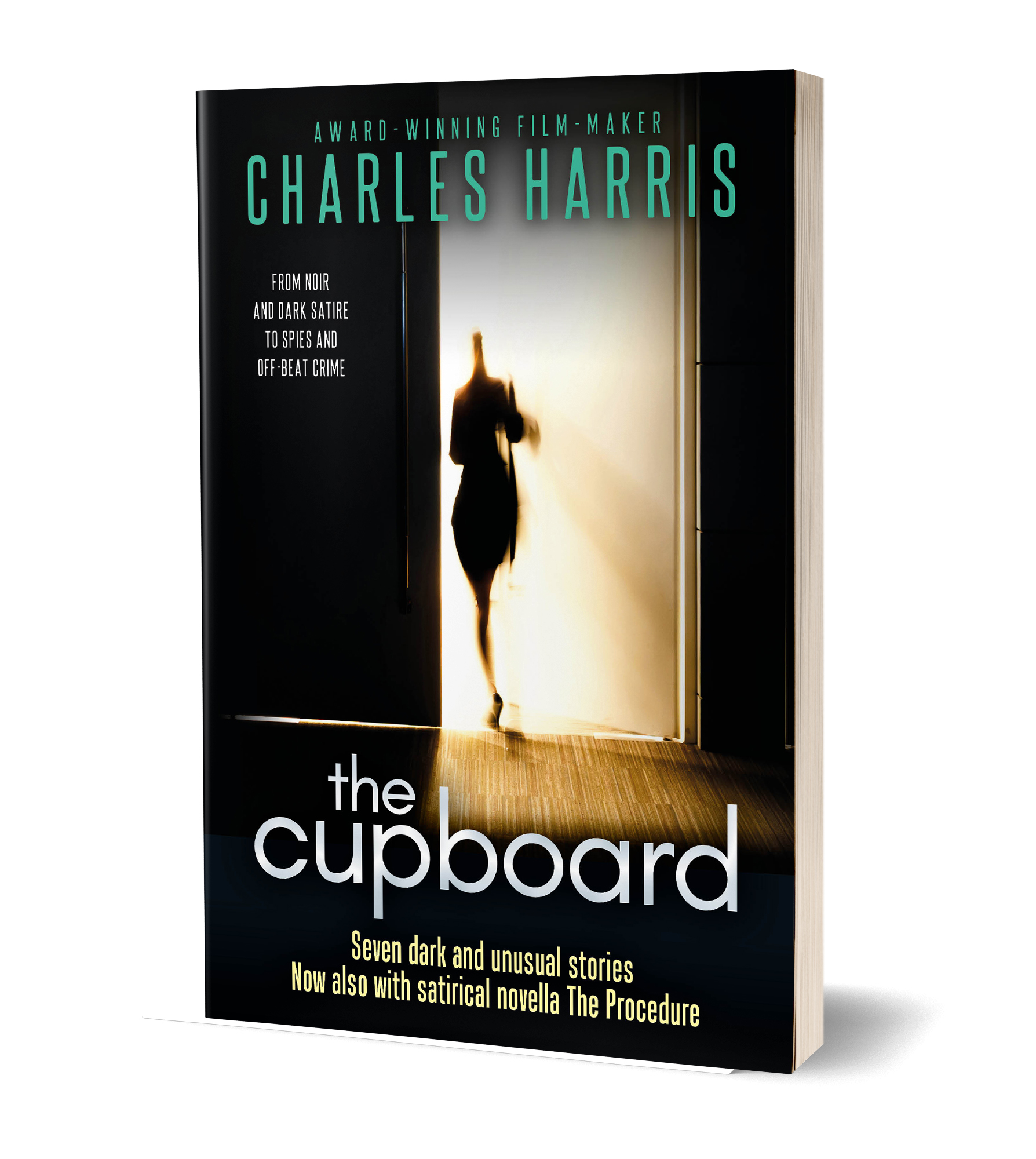My 2021 in books
23 Sunday Jan 2022
Written by Charles Harris in Books, Reviews, Stories, The Library Corner
Tags
books, Carl Hiaasen, Dickens, Mick Herron, novels, reading, Stephen King

2021 IN BOOKS
Imagine you could buy a pill that could give you more brainpower, more empathy, better vocabulary and a longer life, while preventing cognitive decline, reducing stress, helping sleep and lifting depression.
How much would you pay?
You get all these effects from reading books.
In a 2013 study of readers’ brains, neurologists scanned test subjects while they read novels. It showed how the act of reading novels not only changed the brain during reading but also remained visible afterwards.
So, I decided last year that it was about time I upped my own reading, especially books. Much as I like blogs, newspapers and magazines, somehow books seem to have a more profound effect.
I set aside a specific time each day. Put away the phone. Muted the computer and made a point of reading classics as well as the latest, both fiction and non-fiction.
Here are the best that came off my reading pile over the twelve months.
My highlights of 2021 in books.
As the year started, I was already in the middle of Sally Rooney’s successful debut Conversations with Friends. I followed that up with her second Normal People. I’d heard mixed reports (from friends), but deliberately avoided reading reviews or watching the TV adaptation of Normal People.
I liked both books. Maybe not knowing much in advance helped, but I was moved along by her gentle, knowing style and the detail of her characters. There’s not much plot, but there is emotional tension. And some excellent, unfussy writing.
Dickens was next out of the blocks. Like many, I was put off his work by having to read him at school and have only recently started catching up. I’ve now covered most of the famous ones.
Last year it was time for Little Dorrit – a very readable, indeed gripping, story of life in and out of debtor’s prison.
Barnaby Rudge followed. It felt very topical, depicting how an innocent gets swept up in religious violence, against a backdrop of riots that I hadn’t previously heard of in 1780s London.
Meanwhile, looking through my shelves, I came across a fascinating collection of his essays, published as Dickens’ London, that I must have once picked up second-hand.
Dickens famously walked miles every day, at all times of day and night, exploring the capital. Vividly written, these pieces made me feel I was walking alongside him as he met a parade of characters across the city, from slum-dwellers by day to Thames boatmen and river policemen at midnight.
Taking a breather
With all that walking, it was perhaps appropriate that a friend persuaded me to read Breath: The New Science of a Lost Art by James Nestor. I resisted for a time, but am glad I gave in. It gives a fascinating account of the ideas, science and history of something we all do, but could do much more healthily.
Particularly relevant in these pandemic times, of course. With some excellent (often easy) exercises. Do do this at home!
Staying with non-fiction, I finally completed Tribes by the inimitable and influential Seth Godin. I don’t know why it took me the eighteen months that it did.
It’s an easy read and constantly thought-provoking, describing how, in today’s world, we are surrounded by tribes of like-minded people, who share whatever passion we may have “hungry for connection and change.”
And speaking of tribes, another short but fascinating read came from author-comedian David Baddiel. Jews Don’t Count – which I reviewed for The Camden New Journal – is a polemic – both funny and hard-hitting – about the ethnic minority that tends to get forgotten about.
Turning to crime
On the lighter side, I’d been meaning for years to read Val McDermid and finally succeeded with Dead Beat. I wasn’t disappointed. It was a fun read, taking crime into the music biz.
More on celebrity culture followed with two Carl Hiaasens satirical thrillers – Star Island and Squeeze Me (reviewed for this blog). Hiaasen has an inimitable sharp wit and a way of developing knock-out characters who stay with you.
The same could be said of Mick Herron, who featured on my reading list again this year with a lightly bittersweet novella – The Drop & The List – and one of his Slough House spy novels Dead Lions. Mick has also staked out a recognisably unique style – combining black humour and espionage – not an easy thing to do in today’s crowded bookshops.
Though of course for humour and inimitable style, you can’t beat PG Wodehouse. During the summer, I found Quick Service, a lesser-known novel of his, hiding on a shelf between Edith Wharton and Virginia Woolf. One of his lesser-known, perhaps, but still a masterpiece of elegant writing and great comedy.
Page-turners
The year ended with two thrillers. The classic conspiracy thriller The Pelican Brief by John Grisham and Stephen King’s latest crime thriller – Billy Summers. Both gripping page-turners written by masterful writers, and yet I had a doubt.
Compared to many I’d read last year, both were almost too slick. In almost all the other books, I was made to stop and think, to see the world differently. These two were good, don’t get me wrong, entertaining for sure, but somehow unsurprising.
Which I certainly couldn’t say of the novel I’d read just before them – the 2021 Booker Prize winner The Promise. I’ve often been disappointed by Booker winners and nominees, but not this time. It’s both a page-turner and a thought-provoker. A family saga that’s both intimate and at the same time reflects the story of an entire country.
Like all the books mentioned here, well worth a read. If only to save you buying all those pills.
Read more
Short- and Long-Term Effects of a Novel on Connectivity in the Brain


Tell people what you think